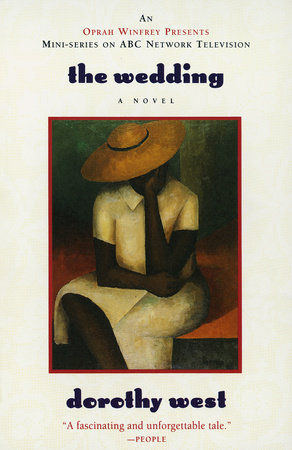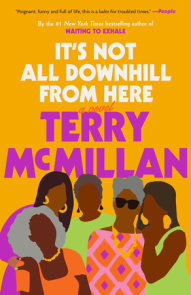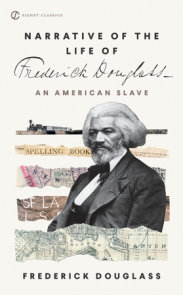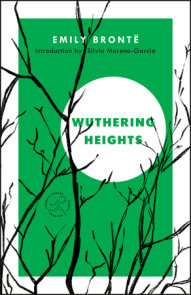READERS GUIDE
Introduction
In February 1995 Dorothy West, the last surviving member of the Harlem Renaissance, published The Wedding, her first novel in 47 years. Hailed as a triumph by critics and readers alike, the book spent most of 1995 at the top of the Blackboard: African American Bestsellers and Quarterly Black Review of Books bestsellers lists, and was optioned by Oprah Winfrey’s Harpo Films.Set on a bucolic Martha’s Vineyard in the 1950s, The Wedding tells the story of life in the Oval, a proud, insular community made up of the best and brightest of the East Coast’s black bourgeoisie. Within this inner circle of "blue-vein society," we witness the prominent Coles family gather for the wedding of their loveliest daughter, Shelby, who could have chosen from "a whole area of eligible men of the right colors and the right professions." Instead, she has fallen in love with and is about to be married to Mead Wyler, a white jazz musician from New York. A shock wave breaks over the Oval as its longtime members grapple with the changing face of its community.
Through a delicate interweaving of past and present, North and South, black and white, The Wedding unfolds outward from a single isolated time and place until it embraces five generations of an extraordinary American family. It is an audacious accomplishment, a monumental history of the rise of a black middle class, written by a woman who has lived it. Wise, heartfelt, and shattering, it is Dorothy West’s crowning achievement.
Questions and Topics for Discussion
1. The novel’s narrative and dialogue move the story along with a wealth of descriptive details setting the atmosphere for memorable scenes. Which details do you recall, and how do they serve their scenes?
2. The Weddingserves as a backdrop for the looming issues of race, interracial relationships, complexion, class, and an inherent sense of power and powerlessness. Discuss these issues within the context of the novel. What points does the author make?
3. The children–Barby, Tina, and Muffin–voice their young views on motherhood. What effects might their early experiences have on them as young women and adults? How do their small voices add a lyrical thread to the setting of the Oval?
4. Gram (Miss Caroline) mentally lives in a place long gone, unreconciled to her present. What significance does "Xanadu" (from Coleridge’s "Kubla Khan"), hold in literature and how does West use the notion of Xanadu in its relation to Gram? to Hannibal? to Josephine? Does Xanadu serve as a metaphor for a larger context in The Wedding?
5. While the author sketches the beauty of the South, she is at her best weaving the smells, tastes, and sounds of Martha’s Vineyard. Discuss the use of nature in the art of telling the story.
6. Who is Lute? As a father? As a husband? As a womanizer? What does he want? What does he represent–literally and figuratively? How does he embody Shelby’s worst fears?
7. There are historical references to some of the characters’ names in the novel–Hannibal, Isaac, etc. What messages are conveyed by using this literary device in the setup of these characters? What are some other examples in the novel? Think about Sabina.
8. Shelby as a young child gets lost on the Vineyard. Through this experience she learns she is "colored." Just before her wedding, she is confronted with the issue of "passing" and her lack of attention to colored men. How does she react to these insinuations? At what point does she become clear about her intentions to Meade, and why?
9. Labels (not names) such as Ebony Woman, Butternut Woman, Mr. White Trash, The Polack, and Mr. President, are devices used to tell a story with economy. What images do these labels evoke? How do these characters help move the story?
10. Salvation and redemption are themes that are crystallized in the relationship between Clark and the schoolteacher. Trace the lines of development. What other examples of illustrated themes can you point to in the novel?
11. A wedding does not actually occur in the novel for Meade and Shelby, but other marriages do. What is the basis for the selection of a spouse? What are the expectations? What are the factors and expectations related to your selection of a spouse?





















